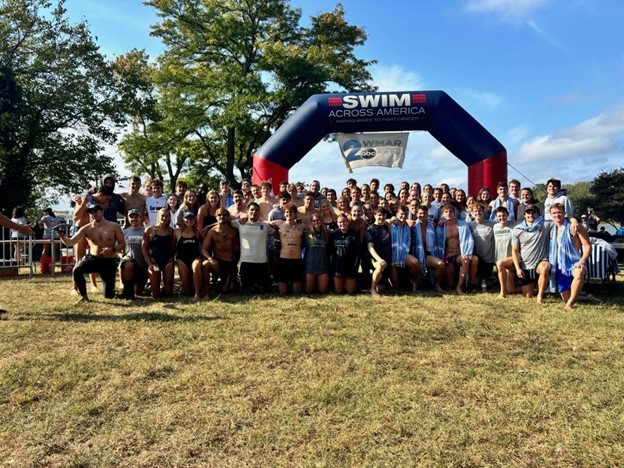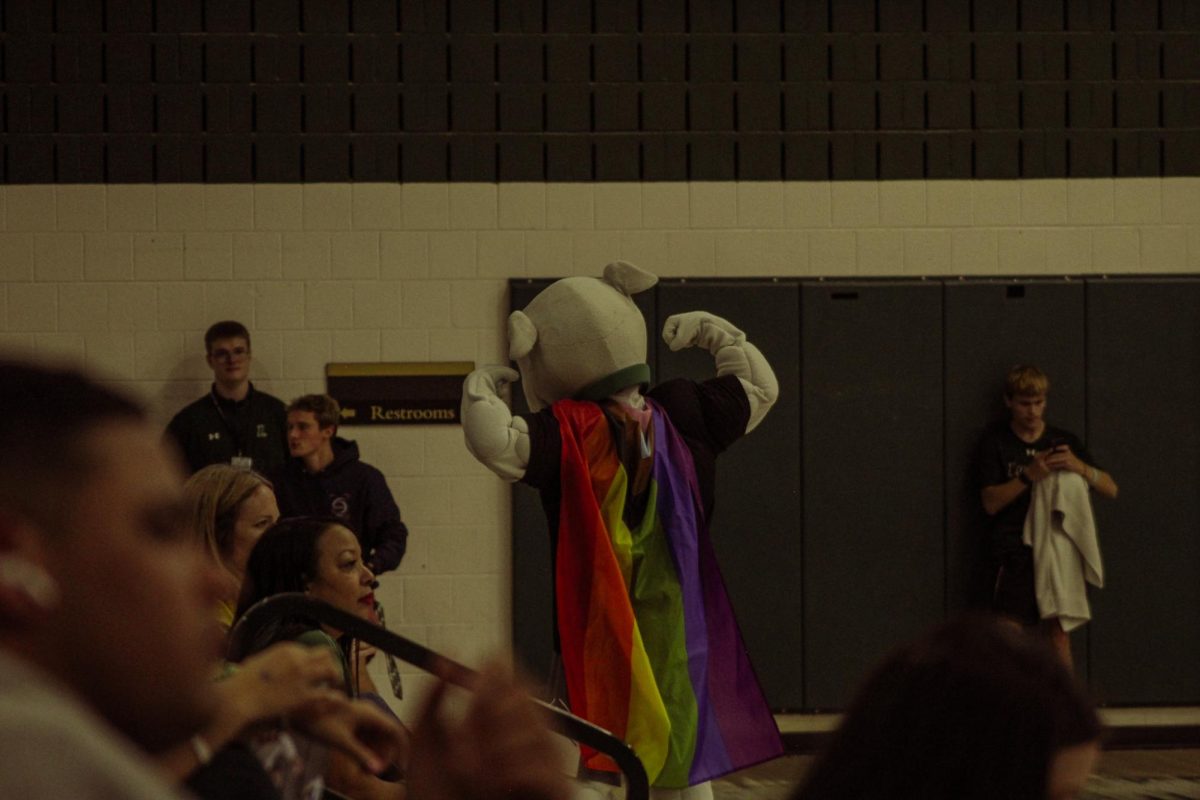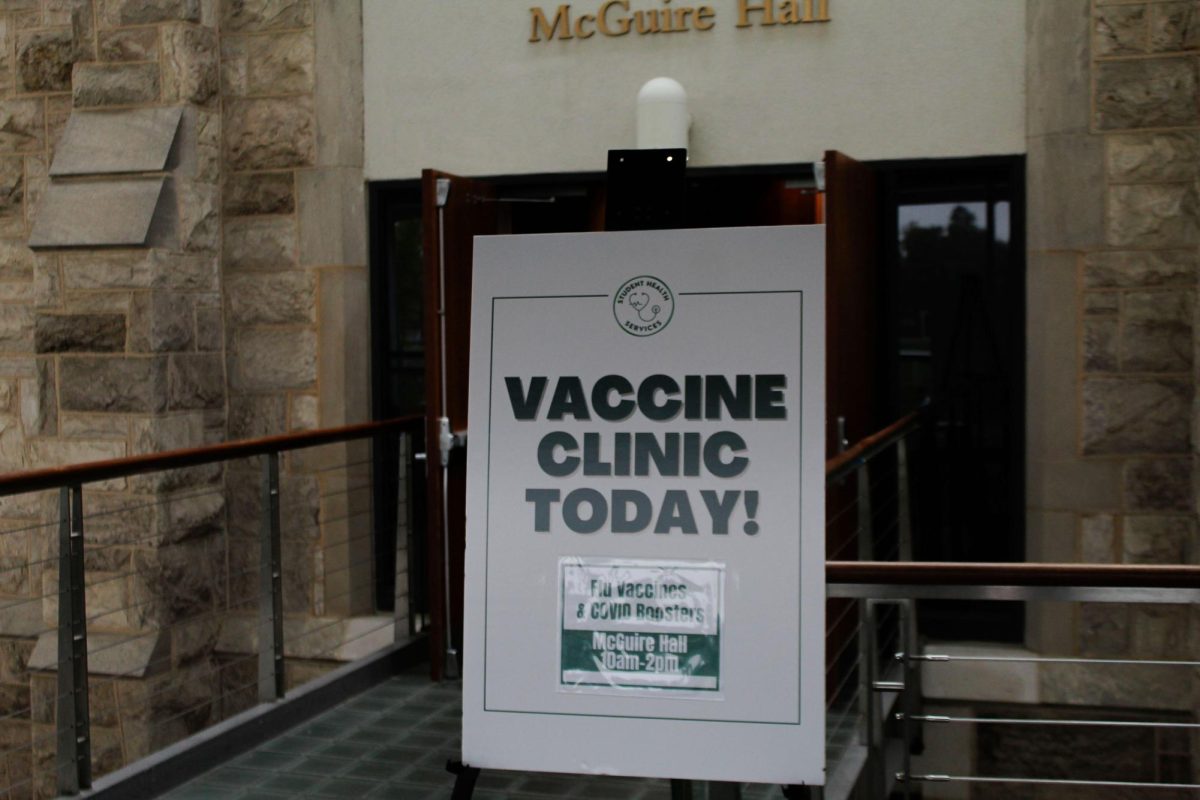On Monday, September 23, upperclassmen on the Cornell men’s lacrosse team were accused of hazing their freshmen with alcohol-related events and games, making some chug beer to the point of vomiting. This caused the cancellation of their fall season according to USA Today. The sad truth is that, according to research done by The University of Maine, “More than half of college students involved in clubs, teams and organizations experience hazing.”
USA Today reported on a ritual where freshmen teammates “stand in a circle and drink beer to the point where ‘multiple members [vomit].’” Hazing like this happens more often than we’d like to believe, but it goes unreported. The freshmen were “tied together with string that passed through their belt loops,” Fox News said, and were also tasked with performing small duties for upperclassmen, as well as participating in a keg race to see who could finish the keg first. This isn’t Cornell’s first misstep in this category; in 2011, a sophomore Cornell fraternity member died with a blood-alcohol level of 0.356 after being duct taped and forced to drink in a ritual hazing event. While we can’t be sure how the campus became aware of these situations, it seldom comes from the teammates or students being mistreated, but rather through social media, because people on the team are often scared to speak up.
The specific details in Inside Lacrosse magazine regarding the Cornell situation claim that there was “no forced consumption of alcohol,” but the social pressure to participate leaves people feeling like participating is the only option. Despite whether these lacrosse players were forced to drink or not, younger members are coerced into participating in fear that they’ll be mocked or tormented by upperclassmen, negating the option to opt out.
The attitudes surrounding hazing are typically categorized by the belief that freshmen should be hazed, they shouldn’t complain and if they do, they’re weak or uncool. It’s unknown who runs the twitter account @D1LacrosseProblems, but it’s theorized that it’s a collection of Division 1 men’s lacrosse players from top lacrosse teams around the country, and they’ve had more than enough to say about this event. Some of their tweets were offensive and alarming, such as, “Is this a f**king joke? Society has become so soft today. This happens at every school/team around the country,” and “Based on that Cornell Hazing report, I should be suspended every Thursday, Friday and Saturday. Chug the beer you pussy!” If these tweets are a general reflection of men’s lacrosse teams across the country regarding hazing, I think we have reason to worry.
As a student on Loyola’s campus, I can vouch that people definitely drink to fit in, and it’s rapidly becoming more dangerous and more acceptable. Speaking from the perspective of a senior on the women’s lacrosse team, I can safely say I have never been the victim or perpetrator of any such events, and I think such practices are archaic and asinine. If that’s how people think you should induct the freshmen onto your team, they shouldn’t be on the team in the first place.
The Baltimore Sun said, “the report reveals what it calls a ‘presence of a culture within this group of treating new members as less than equals,’” which I think is absurd when it comes to a team or organization of any sort. Regardless of class, there should never be an instance where one is treated as the lesser, but rather there should be a system of respect. If the upperclassmen usher in the newer members with care and respect, it will permeate throughout the entire team.
But if the current trend continues, similar instances like the Cornell hazing event may become accepted in our culture. The culture of treating new people as lesser to already existing members is a trend that extends throughout the entire campus. Frankly, new members are easily coerced and it isn’t ethical in any way to take advantage of their vulnerability. If there’s one huge lesson that one can take away from this story it is that alcohol-related hazing events are quite common, but also know that we as a university can actively work to lower that statistic by promoting safety and respect, even if it means standing up to something you know is wrong when everyone else is letting it happen. At the end of the day, I’d rather someone call me a loser for reporting hazing than watch someone be forced into dangerous activities.







































































































